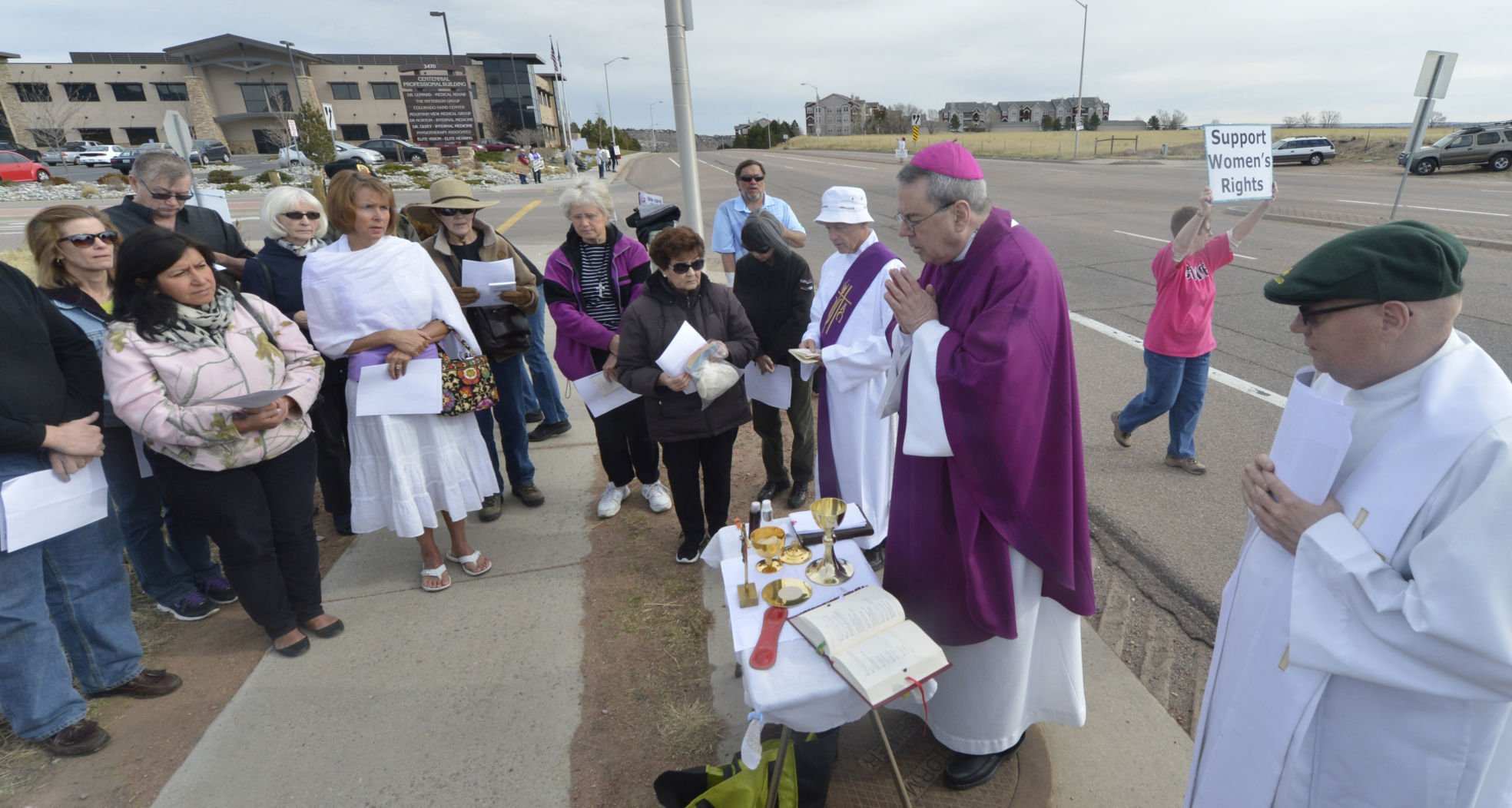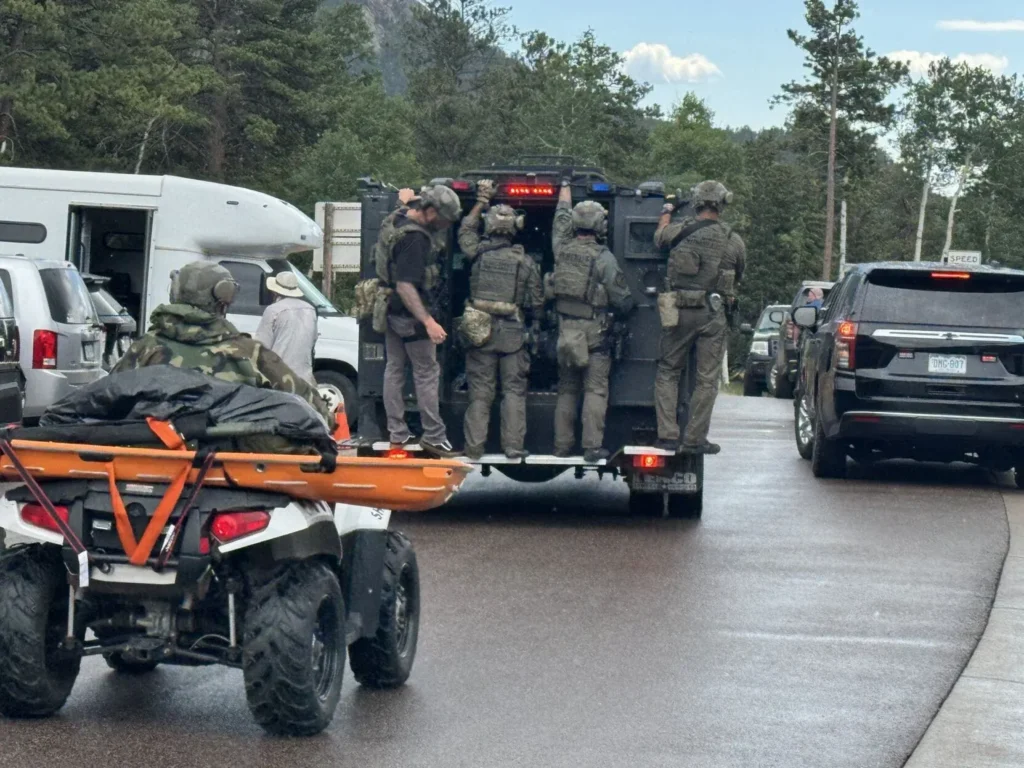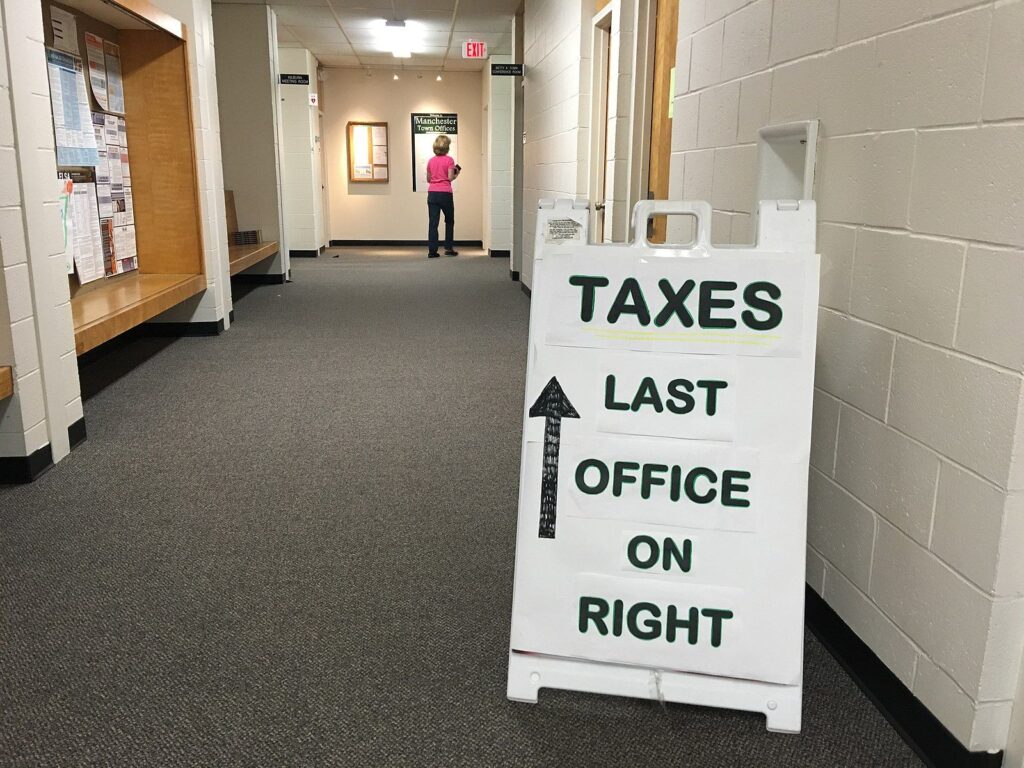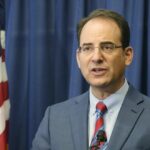Abortion: A great religious divide that also unites faithful opponents and supporters

When anyone seeks counsel regarding abortion from Rabbi Jay Sherwood, leader of Temple Shalom, Colorado Springs’ largest Jewish synagogue, he cites Jewish law, which, he maintains, subscribes to an undisputed rabbinical conclusion that life begins at birth, not at conception.
Sherwood points to the Talmud, the main source of Jewish religious law and theology, referencing the unborn baby as mere water within the mother before being born. And, if a pregnant woman miscarries at the hands of another, it’s considered to be case of property damage, he says.
Colorado activists on both sides of abortion debate gear up for big fight
Since the Talmud was created between the second and fifth centuries, rabbinical experts have permitted abortion when the mother’s life is in danger and sometimes mandated it, Sherwood adds.
Sherwood’s position points to a well-known but often underreported fact about religious views on the highly emotional and contentious issue of abortion: Not all religions oppose the procedure. Indeed, the major religions’ theological tenets offer different perspectives on central questions that define life, notably the point of conception.
And the leaked draft of a majority opinion that strikes down Roe v. Wade and Planned Parenthood v. Casey is poised to highlight anew the deep divisions not just among the major religions, but also within them, particularly if the fight shifts to the states.
“It’s just going to be one more massive issue that’s stoking the cultural wars,” said Jeffrey Scholes, director of the Center for Religious Diversity and Public Life at the University of Colorado Colorado Springs.
Scholes believes the impending Supreme Court decision, assuming it overturns Roe, will only embolden both sides.
Lines drawn as leaked draft to strike down Roe sparks outrage, cheers among Colorado politicos
Scholes also sees a kind of ecumenical response – members of different faiths banding together to either oppose abortion or support it, deploying arguments couched in religious language.
In a way, the issue solidifies that unity on each side because it touches on religion, politics, women’s personal rights, medicine, morality and philosophy, he said.
“Each side has an enemy, and that always bonds people together,” Scholes said. “You’re either pro-life or pro-choice, and there’s not really anything in between. There are debates within the sides over late-term abortions, but it brings different groups together over and against the opposite side.”
While polls show that conservative Christians, including evangelicals, Catholics and Mormons, tend to vote for candidates and issues that back their views on abortion, Scholes said liberal Catholics led the organized opposition to abortion in the 1960s.
Evangelicals didn’t join public dissent until the late 1970s after the 1973 Roe v. Wade Supreme Court case legalized abortion nationwide, said Scholes, who also chairs the school’s philosophy department.
That birthed what Scholes calls a “weird unity” of evangelicals standing side by side with Catholics, a relationship that holds strong to this day.
A short history of Colorado’s abortion activism from 1891 to present
“We just assume evangelicals have always been against abortion, but that’s not so at all,” he said. “All denominations have wavered on this issue and have not been consistent.”
The Bible does not mention abortion, he said, and different religions and denominations interpret biblical texts differently.
He noted that Christians who object to abortion usually maintain that life begins at conception and contend that abortion constitutes murder and often refer to the Fifth Commandment: Thou shalt not kill.
For Sherwood’s Jewish faith, the debate for centuries has revolved around the definition of that phrase – when the mother’s life is in danger. Some Jews believe it means cases in which the mother faces the possibility of dying, while others say the wording encompasses the mother’s physical, mental, spiritual, emotional or financial health being in danger.
And while Jewish law says people need to follow the law of the land, whatever the law of the land is doesn’t change Jewish law or thought, the rabbi said.
“How an individual reacts to a law that is passed or overturned is a different question,” he said. “But Judaism talks about how abortion is permissible, and what a Supreme Court or Congress or a legislature does or doesn’t do doesn’t change what Judaism says.”
Indeed, many Jews also do not oppose abortion.
A majority of Muslims, meanwhile, take a conservative approach to abortion.
But Arshad Yousufi, a longtime member of the Islamic Society of Colorado Springs mosque, said Islam does not completely prohibit the procedure.
“In ancient times, people, if they didn’t want a child, they’d just kill the infant,” he said.
Abortion rights advocates in Colorado Springs gather in protest of potential overturn of Roe v. Wade
While saying he is not a scholar, Yousufi said Muslims agree that life begins at conception, since Adam, the first man God created, was a lump of clay until God breathed a soul into him.
Thus, Yousufi said, a fetus is considered human at 120 days or four months of gestation, which is when abortions are banned. He said miscarried remains must be buried.
But, he added, in every religion “there is a spectrum.”
The issue for Muslims is not simple, he said. Women can say they have a right over their own bodies, but whether they have a right over the body inside their body is disputed, Yousufi said.
Mixed Christian views
Abortion is considered a grave evil and a sin in Catholic Church teachings, noted Julie Bailey, vice president of the nonprofit Pikes Peak Citizens for Life and director of the Respect Life Apostolate for the Catholic Diocese of Colorado Springs.
“Our Catholic faith has always had as a central teaching – and the bishops of the United Sates have reaffirmed this at every meeting – that abortion is a preeminent social justice issue,” she said, adding that is based on the belief that “the life of every human being is made in the image and likeness of God.”
That’s also a foundational principle in the advocacy work at Focus on the Family, said Nicole Hunt, a life-issues analyst and spokesperson for the international evangelical multimedia communications organization based in Colorado Springs.
“We believe each person possesses inherent dignity and worth, and that begins in the womb with a preborn baby,” she said.
Hunt points to a psalmist describing God knitting together the person in the mother’s womb, and God telling the prophet Jeremiah that he knew him and consecrated him before he was born as biblical support for the conviction.
But Jonathan Hall, senior pastor at First Christian Church, which is part of the Disciples of Christ, said men have been oppressing and trying to control women’s bodies since Genesis, the first book of the Bible. Hall describes his congregation as a diverse church with wide-ranging views and no creed.
“I think it’s a doctrinal or theological matter that we trust women to make their own decisions, believe in women and empower them,” he said.
“That’s where we need to focus our attention,” Hall said. “Trying to legislate morality is not the way to do it. We should look at Scriptures and pray, and that to me is where the decision should be made. Look to your heart. It should not be made by other people.”
Hall’s argument shows a subtle change in emphasis – focusing on the welfare of the mother or of the woman, instead of the life of the child.
Catholic church in Boulder defiled following Roe v. Wade draft opinion leak
Scholes, the university professor, said abortion-rights proponents who also identify as spiritual, view abortion as a women’s- health issue that involves parity for the poor and answers a call to aid women in need.
“They consider it a religiously moral issue to not have the baby and care for someone who is in need and struggling,” he said.
What’s clear is that forces for and against abortion are beginning to mobilize, anticipating a state-by-state fight that offers conservatives the opportunity to prohibit or restrict abortion. Progressives, meanwhile, are preparing to play defense.
In 1967, Colorado became the first state in the nation to decriminalize abortion in cases of rape, incest or maternal harm. It is now one of just seven states that provide abortion throughout the entire pregnancy.
Against this backdrop, both anti-abortion advocates and abortion-rights supporters of different faiths have united to promote their side of the conflict.
“It’s created the opportunity for us to put aside our theological and doctrinal differences to work together, with the understanding that there’s something special about the human person from the very earliest moments after fertilization,” said Bailey of Pikes Peak Citizens for Life.
Hunt of Focus on the Family agrees that Christians who object to abortion need to fight even harder now.
“If Roe v. Wade is overturned, there’s a good chance every state will decide abortion policy, and instead of one big national fight, we’ll be trying to win the hearts and minds of people in every state,” Hunt said. “We’re going to need all hands on deck.”













